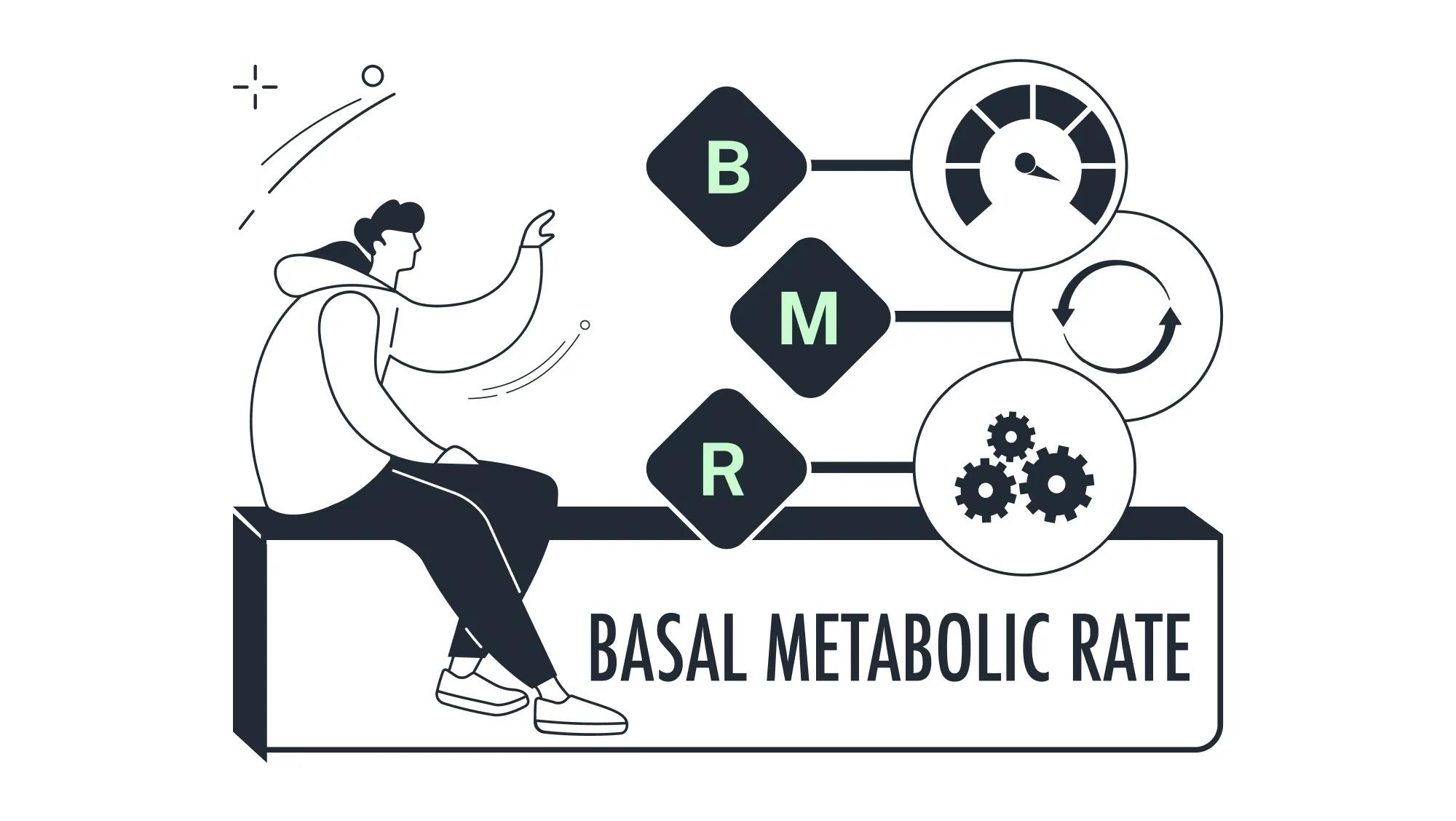In the quest for effective weight management, understanding the energy requirements of your body is crucial. One of the most important metrics in this regard is the Basal Metabolic Rate (BMR), which refers to the number of calories your body needs to maintain vital functions while at rest. A basal metabolic weight calculator serves as a useful tool in determining your BMR, enabling you to tailor your diet and exercise regime effectively. This article explores the importance of a BMR calculator, its functionalities, and how it can be used alongside a height and weight chart to achieve optimal health.
Understanding Basal Metabolic Rate (BMR)
Basal Metabolic Rate (BMR) is the amount of energy expended while at rest in a neutrally temperate environment. It accounts for the calories needed for essential functions such as breathing, circulation, cell production, and nutrient processing. BMR varies from person to person based on several factors, including age, gender, weight, height, and body composition.
Knowing your BMR is essential for effective weight management. It helps you understand how many calories your body requires to maintain its current weight without considering physical activity. By calculating your BMR, you can create a more tailored dietary plan that aligns with your weight goals, whether you aim to lose, gain, or maintain weight.
The Role of a Basal Metabolic Weight Calculator
A basal metabolic weight calculator is an online tool that estimates your BMR based on your personal information. Here’s how it works:
- Input Variables: Users enter essential details such as their age, gender, weight, and height into the calculator. Some calculators may also take into account additional factors, such as activity level, to provide a more comprehensive caloric requirement.
- Calculation: The calculator employs established equations, such as the Mifflin-St Jeor equation or the Harris-Benedict equation, to estimate your BMR. These equations have been developed through extensive research and provide reasonably accurate estimates of metabolic needs.
- Mifflin-St Jeor Equation:
- For men: BMR = (10 × weight in kg) + (6.25 × height in cm) – (5 × age in years) + 5
- For women: BMR = (10 × weight in kg) + (6.25 × height in cm) – (5 × age in years) – 161
- Mifflin-St Jeor Equation:
- Output: Once you input the required data, the calculator generates an estimated BMR, indicating how many calories your body needs at rest.
Benefits of Using a Basal Metabolic Weight Calculator
1. Personalised Caloric Needs
The primary advantage of using a basal metabolic weight calculator is that it provides you with a personalised estimate of your caloric needs. Understanding your BMR allows you to determine how many calories you should consume daily to maintain your current weight or achieve your desired weight goal.
2. Informed Dietary Choices
With a clear understanding of your BMR, you can make informed dietary choices. For example, if you know that your BMR is 1,500 calories, you can adjust your food intake to ensure you consume enough calories to meet your body’s needs without exceeding them, particularly if your goal is weight loss.
3. Effective Weight Management
For individuals looking to manage their weight, a basal metabolic weight calculator can serve as an essential starting point for developing a tailored diet plan. By understanding your body’s unique caloric requirements, you can avoid generic diets that may not align with your individual needs.
4. Incorporating Activity Levels
Some calculators allow users to factor in their activity levels to estimate Total Daily Energy Expenditure (TDEE). By understanding how much energy you expend through exercise and daily activities, you can create a more comprehensive diet plan that accounts for both rest and activity.
Integrating BMR Calculations with a Height and Weight Chart
While a basal metabolic weight calculator provides essential insights into caloric needs, using a height and weight chart can enhance this understanding by helping you assess whether your current weight falls within a healthy range for your height.
- Body Mass Index (BMI): Height and weight charts are often used to determine Body Mass Index (BMI), a metric that evaluates body weight relative to height. BMI is calculated using the formula:
BMI=Weight in kg(Height in m)2\text{BMI} = \frac{\text{Weight in kg}}{\left(\text{Height in m}\right)^2}BMI=(Height in m)2 Weight in kg
This information can complement your BMR calculations and provide a clearer picture of your overall health.
- Setting Realistic Goals: By combining your BMR with information from the height and weight chart, you can set realistic and achievable weight goals. For example, if your BMR suggests a need for weight loss, you can refer to the chart to identify a target weight that is healthy for your height.
- Monitoring Progress: Tracking changes in both BMR and BMI over time can help individuals monitor their weight loss or gain. This comprehensive approach enables a better understanding of health and well-being.
Conclusion
In summary, a basal metabolic weight calculator is an invaluable tool for anyone looking to understand their unique caloric needs and tailor their diet accordingly. By providing personalised estimates of basal metabolic rate, the calculator empowers individuals to make informed dietary choices that align with their health objectives.
When combined with a height and weight chart, the insights gained from the BMR calculator can further enhance your understanding of your body and its requirements. This dual approach not only aids in effective weight management but also promotes overall health and well-being.Understanding your body’s metabolic needs is a crucial step in adopting a healthier lifestyle. Whether your goal is weight loss, maintenance, or gain, leveraging tools like the basal metabolic weight calculator and height and weight charts can set you on the right path toward achieving your health objectives. Embracing this knowledge is essential for making lasting, positive changes in your life.






